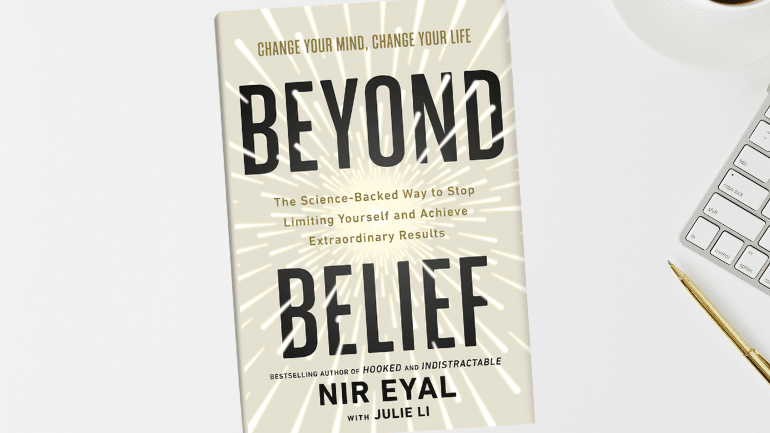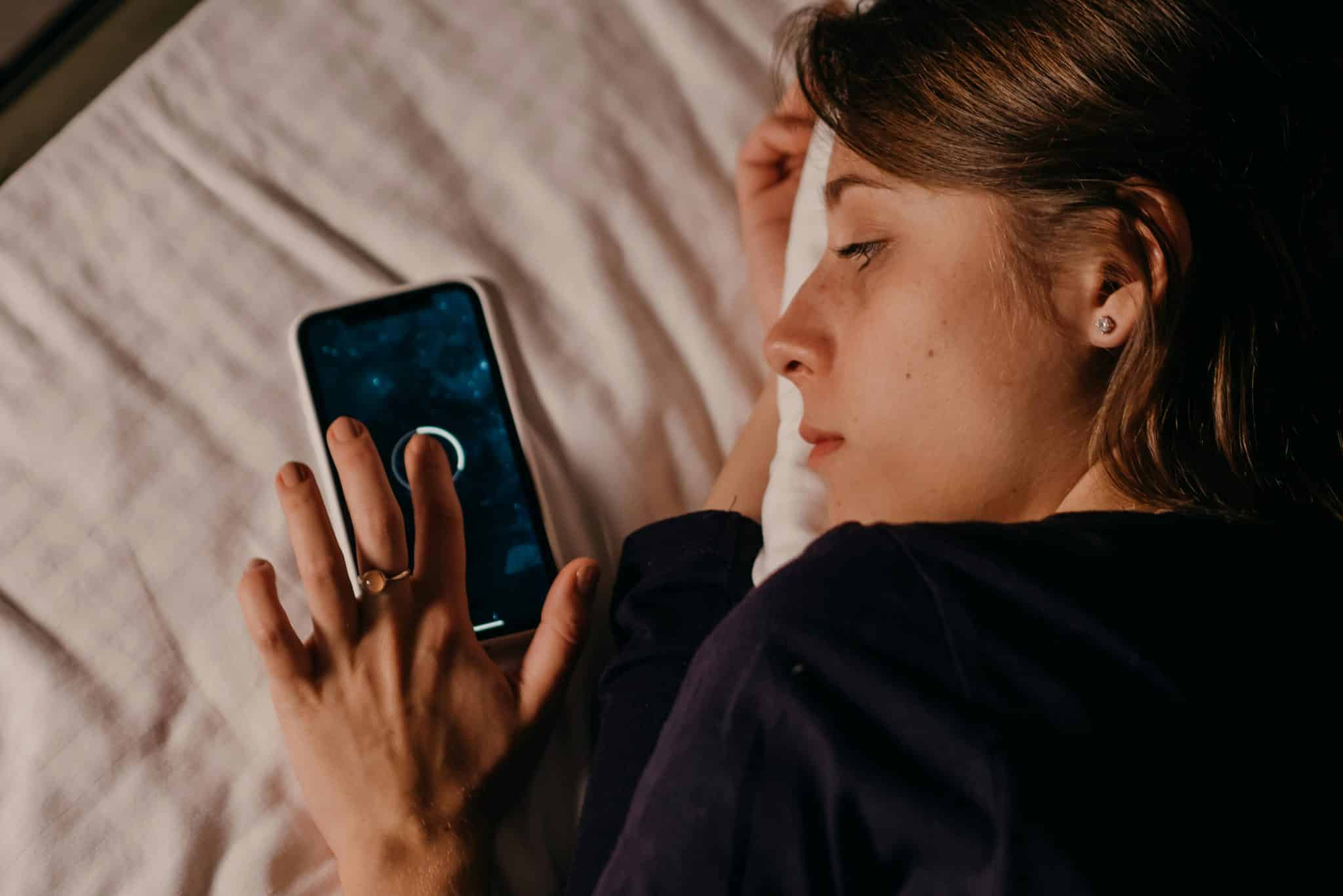How Your Daily Routine Transforms Your Workday

Your office self wears real pants, drinks oat milk lattes, and crushes meetings like a pro, owning the daily routine.
Your WFH self? Still in yesterday’s hoodie, triple-tasking between Slack, laundry, and your existential dread.
If your daily routine feels like a weird tug-of-war between productivity and chaos, this blog is for you.
It’s hard to feel consistent when your environment keeps changing and so do you. Some days you’re a focused machine. Other days, your to-do list ghosts you.
That “off” feeling? It’s not a YOU problem. It’s a rhythm problem.
In this blog, we’ll break down how building a flexible daily routine (yes, one that actually works for both versions of you) can cut the noise, boost your energy, and help you get more done without burning out.
Let’s get into it.
Why Most Productivity Advice Doesn’t Stick to Your Daily Routine
Let’s be honest: if “wake up at 5 AM and crush the day” actually worked, your calendar wouldn’t look like a digital tornado. And yet, that’s the vibe a lot of mainstream productivity advice still pushes.
Like hustle, harder is the only path to success. But here in 2025? That mindset’s basically a relic.
We’re not running on motivation anymore, we’re running on fumes.
The real issue? It’s not about how many hours you’re awake. It’s about what you have left to give once you are.
Time Management Is Out. Energy Management Is the Real Flex.
You’ve probably heard you should block your calendar, plan your week on Sundays, or color code your to-dos. Cute. But if you’re constantly switching between tabs, meetings, social pings, and side quests (like finally ordering that one thing on Amazon), no calendar block is saving you.
In today’s world, it’s not about managing time, it’s about managing capacity.
Energy dips? Dopamine crashes? Emotional fatigue from doomscrolling? Those are the actual saboteurs. Not your planner.
The better you understand when and how your brain is firing on all cylinders, the smarter your schedule becomes.
The Gen Z Workday Reality Check
Let’s paint the real picture:
• You’re working hybrid, bouncing between your bedroom desk and random coworking spots.
• Your phone’s popping off with 47 “urgent” things by 10 AM.
• You feel guilt for not starting earlier and shame for not doing more.
That’s not laziness. That’s digital burnout with a splash of dopamine fatigue.
And it’s happening because your day has no rhythm. No off switch. No boundaries. Just vibes (and Slack pings).
What’s Actually Sabotaging Your Workday
Let’s break down a few culprits that sneakily wreck your focus:
• App-hopping every few minutes (hi TikTok, then Slack, then email, then back to TikTok)
• Decision fatigue from micro choices (what to eat, wear, click, respond to, buy)
• Task switching before finishing anything
• Fake productivity (cleaning your desktop instead of sending the email)
• Guilt scrolls (you scroll for a break, feel bad about it, scroll again to feel better)
This is why just “working harder” doesn’t cut it. You need a system that protects your mental load, not punishes it.
Which brings us to your secret weapon: your daily routine.

How a Routine Helps You Feel Less Burnt, More Balanced
You don’t need another complicated system. You need something your brain can trust.
That’s what a routine gives you. It’s not just about being organized, it’s about feeling safe, focused, and steady in a world that thrives on chaos.
Why Daily Routines Actually Reduce Anxiety
Here’s a fun fact: your nervous system loves predictability.
When your brain knows what’s coming next, it chills out. You stop scanning for threats. You stop living in reactive mode. You start moving with more intention.
When your mornings are predictable, your brain doesn’t have to work overtime deciding what to do next. That creates space for you to think, create, and focus without constant internal static.
Routines Don’t Make You Boring, They Give You Capacity
Some people hear “routine” and think: robotic, rigid, soulless. But here’s the twist. Routines are what make room for creativity, rest, and spontaneity.
Think of them like scaffolding. They hold up your day so you’re not reinventing the wheel every morning. And that energy you save? You can use it for things you actually care about. Experts in the industry like Alexander T George use the Freedom App as a product in their routine.
Daily Routines give you:
- Brain space (less decision fatigue)
- Emotional stability (less “what am I even doing?” spirals)
- Physical stamina (less running on cortisol)
Harvard Business Review has surveyed and projected that 92 % of successful people follow a well planned daily routine. A routine once followed becomes a muscle memory and then a habit.
Boundaries in Disguise
Let’s reframe it. A good routine isn’t a checklist. It’s a boundary system.
- Morning walk? That’s a boundary between rest and focus.
- Midday stretch break? A boundary between sprints of energy.
- End-of-day shutdown ritual? A boundary between work and real life.
And in a hybrid world, where the lines between work and life are permanently blurry, these mini boundaries make all the difference.
From Reactive to Intentional
Most people live in response mode:
- You answer messages as they come.
- You check email because it’s a habit.
- You scroll because your brain’s fried and doesn’t know what else to do.
But when you have a rhythm to your day, something wild happens, you take the wheel back.
Want Help Blocking Out the Chaos?
We all know that you can’t always rely on willpower. That’s where tech like the Freedom App comes in handy.
Use Freedom to:
- Block distractions during your focus blocks (so you don’t “accidentally” scroll TikTok for 45 mins)
- Set recurring screen-free review sessions at the end of each day or week
- Use ambient soundscapes to help your nervous system settle while you work
- Sync across all your devices so your phone doesn’t sabotage your laptop productivity
Think of it like your digital bodyguard, keeping distractions out so you can stay in your zone.
Small Shifts That Make a Massive Difference
Let’s get one thing straight: nobody’s doing the “5-9 before your 9-5” anymore unless it involves doomscrolling, half-asleep journaling, and maybe a half-hearted downward dog next to your unmade bed.
But here’s the truth, how you start your day still matters.
And the fix isn’t waking up at 4 a.m. doing a cold face plunge and chugging celery juice. It’s creating small, repeatable rhythms that actually match your energy and lifestyle.
Instead of forcing yourself into a hyper-optimized morning routine (and failing by Tuesday), try this:
- Wake up at the same time daily.
- Set one “non-negotiable” anchor: stretch, read a paragraph, cook a healthy meal
- Avoid checking your phone for at least the first 30 minutes (yes, even Slack)
This isn’t hustle culture. This is nervous system care.
The ONE Shift That Will Change Everything
Spoiler: It isn’t quitting coffee. It isn’t a productivity app. It is this…
Switching from tasks to time blocks.
Instead of writing a to-do list that stares back at you like a disappointed parent, try building “power blocks” into your calendar.
- Morning = Deep Work (no meetings, no distractions)
- Afternoon = Admin (emails, approvals, the boring but necessary stuff)
- Evening = Shutdown Ritual (close laptop, walk, brain dump)
Blocking your energy instead of your to-dos helps you flow, not force.
Daily routines don’t have to be elaborate. They just need to be consistent enough to ground you. And guess what? That consistency is your new superpower.

What You’ll Notice Once Your Daily Routine Starts Clicking
One week, you’re forcing yourself to time-block your day.
Next week, you’re wondering how you ever functioned without it.
That’s the power of a solid routine. It starts quiet but the payoff compounds fast.
You’ll Get More Done in Less Time
Your brain loves certainty. When it knows what’s coming, it stops wasting energy guessing what to do next.
• No more tab hopping
• No more “wait, what was I doing again?”
• No more spiraling between half finished tasks
You start flowing instead of forcing.
And tasks that used to take 2 hours? Done in 45 minutes because you’re focused.
Your time expands when you stop leaking energy everywhere.
Your Stress Levels Drop, Even When Work Is Chaotic
Let’s be clear: the world isn’t going to stop being chaotic.
But when your routine holds, you don’t spiral with it.
There’s something oddly calming about knowing:
• You already tackled your most important task
• Your screen goes dark at 8 PM (thanks, Freedom)
• Tomorrow’s to-do list is waiting, not brewing in your head
You become less reactive. More resilient.
And when things do go sideways, you bounce back quicker. Because you’ve got a framework to return to.
Here’s the plot twist: great routines don’t make you a robot. They help you feel more human.
If you’re looking to build a routine that flexes with your life but still helps you hit your goals, we’ve got a tool that makes it simple.
Use Freedom to block distractions, create flexible routines, and reset your week without needing a total overhaul.


